A wellstructured curriculum forms the foundation of an efficient sports classroom. It should encompass a diverse range of activities catering to the physical, cognitive, and socioemotional development of students. Integrating key components such as skill development, fitness training, and game strategies ensures a holistic approach to learning. Furthermore, incorporating interdisciplinary connections with subjects like biology (for understanding human anatomy) and mathematics (for analyzing game statistics) can enhance the relevance and engagement of students.
Continuous professional development is imperative for educators to stay abreast of emerging trends and best practices in sports education. Participating in workshops, conferences, and online courses allows teachers to enhance their pedagogical skills, learn about innovative teaching methodologies, and network with peers in the field. Collaborative lesson planning and peer observation provide opportunities for reflective practice and collective problemsolving, fostering a culture of continuous improvement within sports departments.
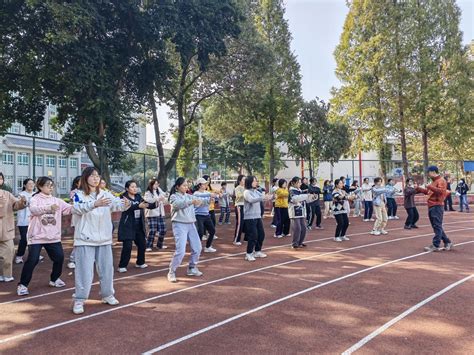
Incorporating technology into sports classrooms offers a myriad of opportunities to augment teaching and learning experiences. Video analysis software enables students to review and analyze their performance, facilitating selfreflection and skill refinement. Virtual reality simulations provide immersive training environments, allowing students to practice game scenarios and strategies in a safe and controlled setting. Additionally, educational apps and online platforms offer interactive resources for skill drills, fitness tracking, and theoretical knowledge reinforcement.
Efficiency in sports classrooms is contingent upon a multifaceted approach encompassing curriculum design, teaching techniques, technology integration, assessment practices, and professional development initiatives. By embracing innovation, fostering inclusivity, and prioritizing studentcentered learning, educators can cultivate dynamic learning environments that empower students to thrive both on and off the field. Continuous evaluation and adaptation of strategies are essential to ensure ongoing efficacy and relevance in the everevolving landscape of sports education.
Effective assessment strategies are essential for monitoring student progress and informing instructional decisions. Beyond traditional methods such as written tests and practical demonstrations, formative assessment techniques like peer assessment and selfassessment promote metacognitive awareness and student ownership of learning. Timely and constructive feedback, whether from teachers, peers, or selfreflection, plays a pivotal role in guiding students towards continuous improvement and goal attainment.
In the realm of physical education, the optimization of teaching methodologies and resources is paramount to fostering a conducive learning environment. This paper delves into the strategies and approaches aimed at enhancing efficiency within sports classrooms. By examining various aspects such as curriculum design, teaching techniques, and utilization of technology, this paper aims to provide comprehensive insights and actionable recommendations for educators and stakeholders in the field.
Effective teaching techniques play a pivotal role in maximizing student participation and learning outcomes. Utilizing differentiated instruction allows educators to cater to diverse learning styles and abilities within the classroom. This can include varying the difficulty levels of tasks, providing alternative assessment methods, and offering personalized feedback. Moreover, employing active learning strategies such as cooperative learning activities, peer teaching, and problembased learning fosters student engagement and critical thinking skills.
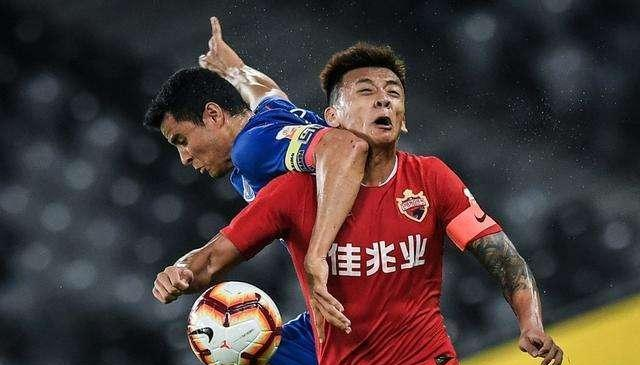
在足球的世界里,球星们不仅是场上的英雄,也是公众人物,他们的行为举止...
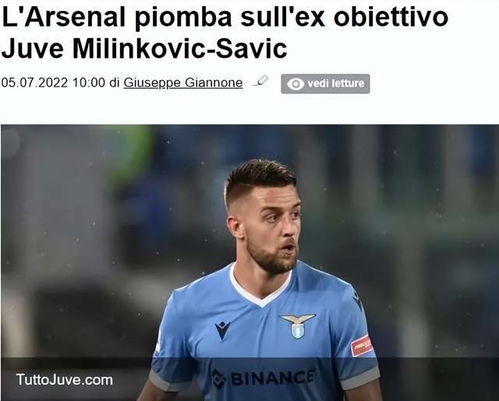
直播吧9月12日讯拉齐奥主帅巴罗尼接受了媒体的采访,对球队新援、阿森...
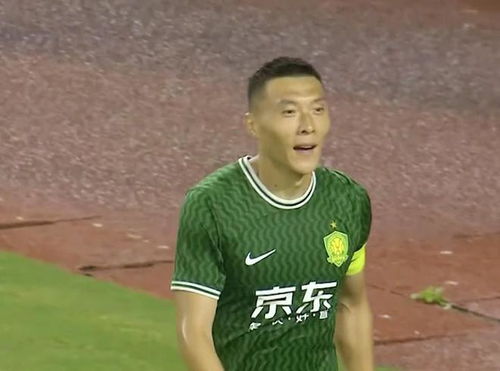
直播吧9月20日讯本轮中超北京国安客场3-1战胜梅州客家。第88分钟...
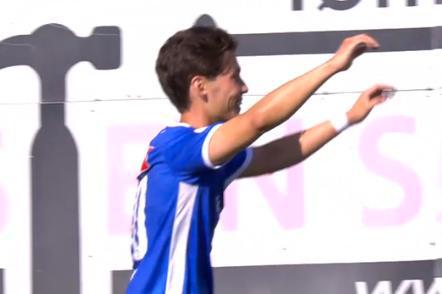
都说穷则思变,早就烂到根上的中国男足在世预赛遭遇耻辱性连败之后,对人...
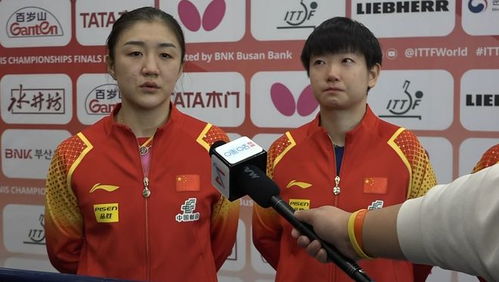
北京时间9月23号,陈梦解锁“校长”身份,孙颖莎王楚钦也有新身份,马...